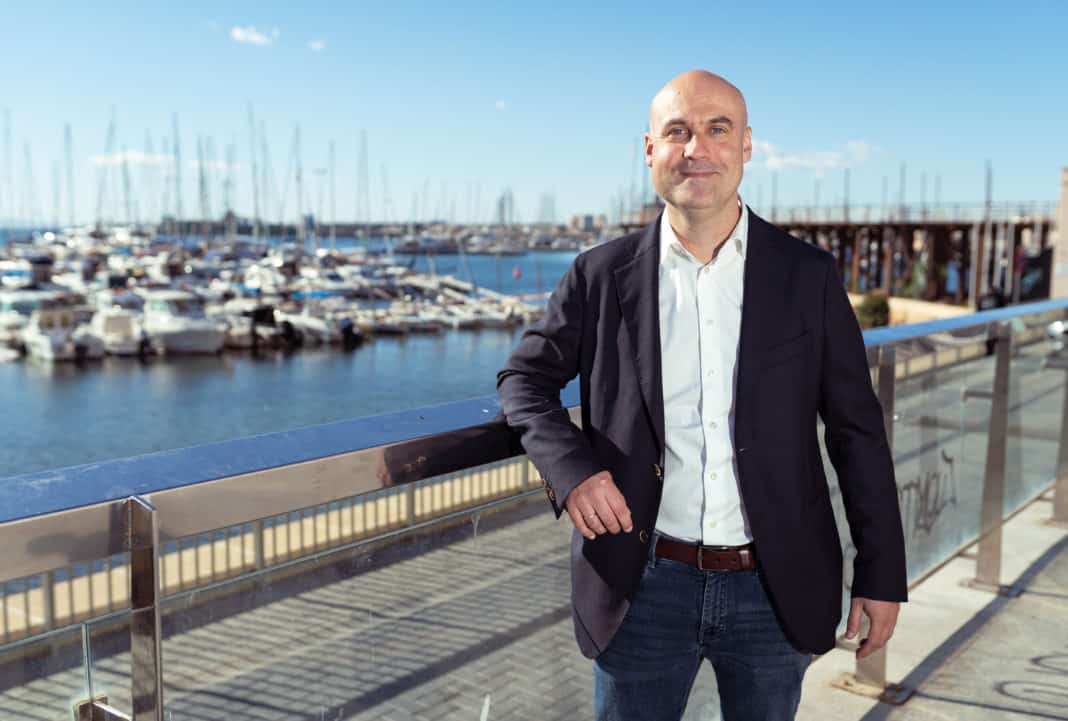Torrevieja does not have a public residence for people with intellectual disabilities, so affected families must pay high fees in private residences or wait for a place in a nursing home.
Likewise, many of the people affected by the death of their main caregiver are helpless and alone, so it is a priority to create a residence for people with intellectual disabilities where they can enter and receive all the necessary care and attention.
Pablo Samper, candidate for mayor of Sueña Torrevieja, proposes “the creation of an occupational centre within the residence for people with intellectual disabilities and thus also cover the necessary work for the labour inclusion of these people.”
“In our Municipality we only have associations in charge of such work, and in this way we would give greater coverage to this sector of the vulnerable population”, he said.
Samper states that “Torrevieja does not have a public residence for people with intellectual disabilities, so the affected families must pay high fees in private residences or, as an alternative, wait for a place in a nursing home, the latter not being an ideal place to meet the different intellectual needs, physical, occupational and leisure that are required”.
Likewise, many of the people affected, when their main caregiver dies, are helpless and alone, so, from Sueña Torrevieja we are forced to establish as a priority the creation of a residence for people with intellectual disabilities where they can enter and receive all the necessary care and attention.
Melina Martín, number 3 of the candidacy of Sueña Torrevieja, adds ” that the creation of these facilities would ensure the following needs: pre-work occupational activities, training and career guidance, training in autonomy, therapy, rehabilitation, care, leisure and free time, among others”.
Martín adds that “it is equally necessary to create this centre where occupational therapy services and personal and social adjustment can be ensured, that is, to prepare the person with disabilities to face the demands of daily life and work.”
Samper concludes by stating that “the implementation of a residence and occupational centre would also create jobs in different trades and cover the needs of these families in the short, medium and long term.”





